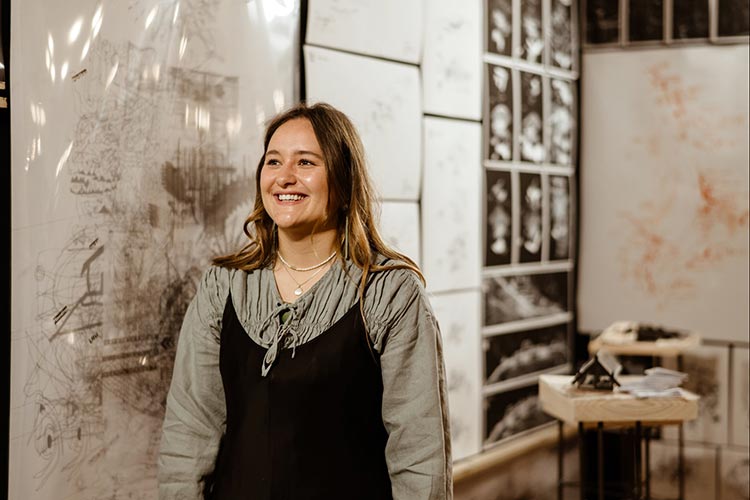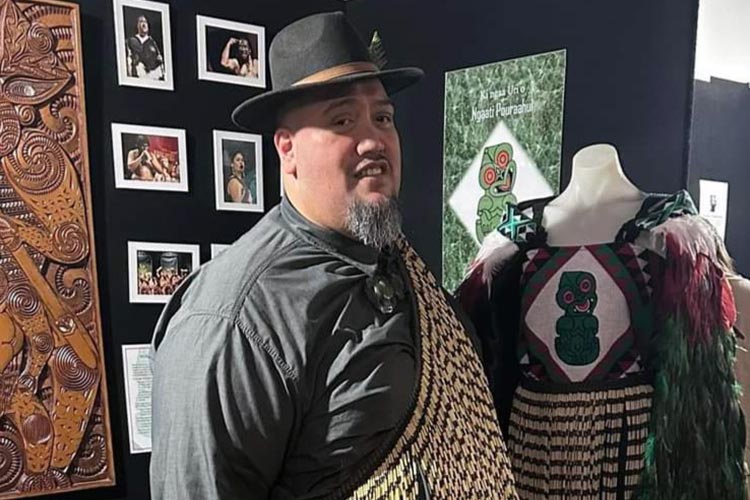Almost 3 months ago, Tara McAllister made the transition from mainstream academia to Te Wānanga o Aotearoa, where she has taken on the role of Kairangahau Matua within the newly established Rangahau Centre, Te Manawahoukura.
Although her time at Te Wānanga o Aotearoa is still in its early days, Tara has already helped the organisation reach a milestone, securing a Marsden for her research project, Vision Mātauranga - is it past its’ used-by date? “This process is one of our most competitive research funds in Aotearoa. Everyone who applies has about a 10% chance of actually getting it,” says Tara.
Securing this funding is a first for Te Wānanga o Aotearoa and a feat rarely achieved by Maori-led projects. Tara’s Fast-Start Grant of $360,000 over 3 years signifies a personal achievement and a testament to the organisation’s commitment to fostering Indigenous research.
“When I was looking at the stats, about 8.8% of the funded Marsdens in the last round were led by Māori. It’s not that much.”
Tara’s project explores the Vision Mātauranga policy and whether it is still effective in achieving its purpose of unlocking Māori innovation and potential.
Through this project, she hopes to discover if this policy has contributed to increased Māori research capability and capacity, how organisations and researchers engage with the policy, and how we can better engage with mātauranga Māori and people.
“One of the parts of my project is reimagining a research system in Aotearoa. We currently have a very defined system that doesn’t necessarily serve Māori. What if money was instead given to iwi and hapū so they could do their own Rangahau and researchers can help facilitate that process?”
After many years of being immersed in a university environment through study and mahi, Tara sees her transition to a wānanga as a natural progression.
“Working in an organisation where mātauranga Māori is central, where Māori values are deeply embedded, that’s attractive for many kairangahau. There were lots of attractions coming to Te Wānanga o Aotearoa, and I’m really happy and excited to see how my research will be enabled by working here.”
When it comes to Rangahau, Tara is constantly reminded of the whakataukī, ‘mō tātou, ā, mō kā uri ā muri ake nei’ (for us and our children after us), and she believes it has the power to change the minds and thinking of people.
“There’s a lot of opportunity to be transformative in what we do through Rangahau. I’m excited to think about what we’re doing in Te Manawahoukura and how that might contribute to the betterment of Te Wānanga o Aotearoa and in turn, the betterment of whānau, hapū, iwi, and society."




































